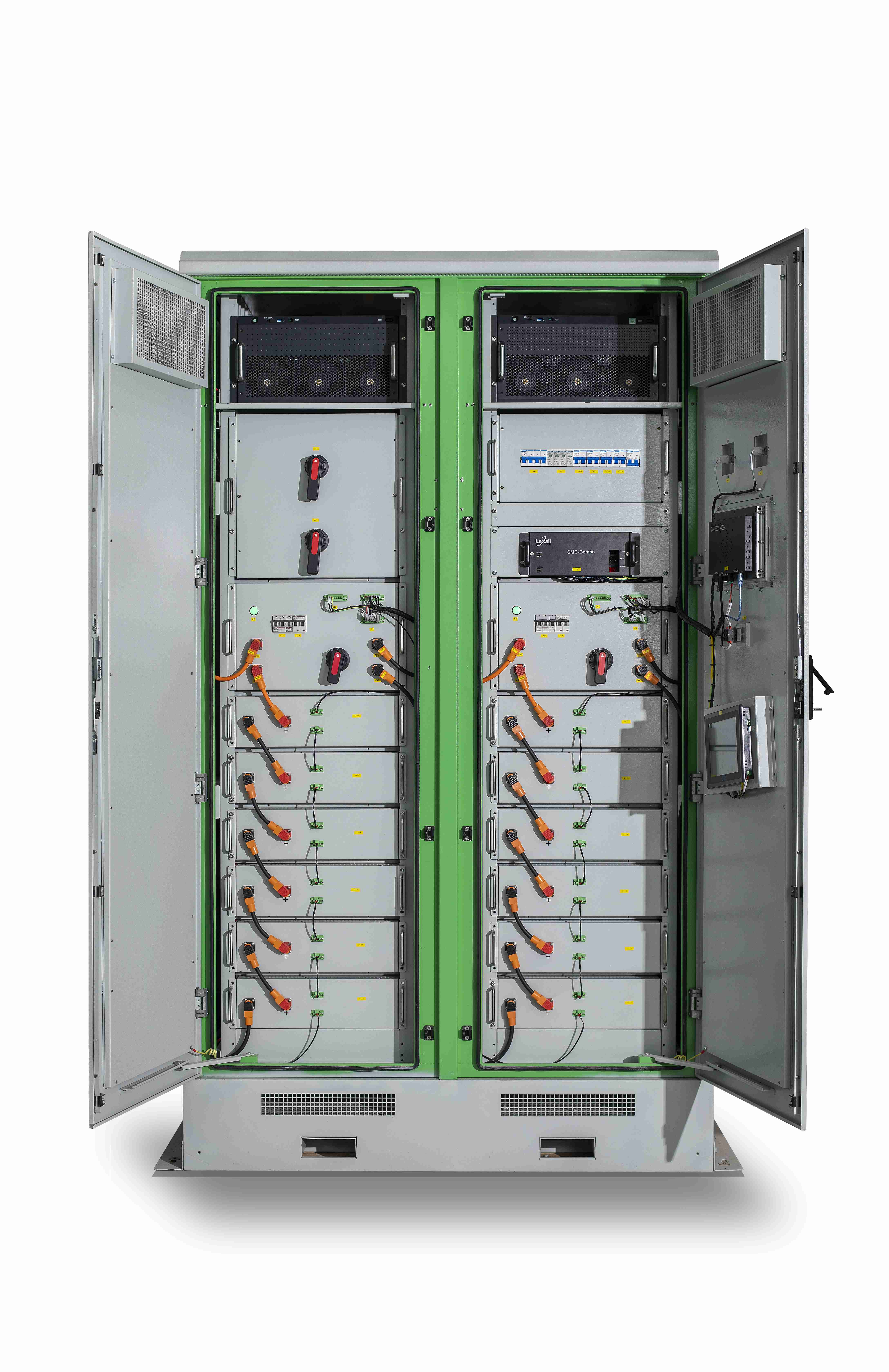
ਦਸੰ. . 05, 2024 11:18 Back to list
Advanced Li-ion Energy Storage Solutions for Enhanced Performance and Reliability
High-Quality Li-ion Energy Storage Systems Revolutionizing Energy Management
In today's rapidly advancing technological landscape, the demand for efficient and reliable energy storage solutions has intensified. Among the various technologies available, lithium-ion (Li-ion) energy storage systems have emerged as a leading choice. Their high energy density, longevity, and decreasing costs make them particularly attractive for a range of applications, from consumer electronics to electric vehicles and renewable energy integration. This article delves into the features, advantages, and future prospects of high-quality Li-ion energy storage systems.
The Fundamentals of Li-ion Technology
Lithium-ion batteries operate on the principle of lithium ions moving between two electrodes, typically graphite (anode) and a metal oxide (cathode), through an electrolyte. When charged, lithium ions travel from the cathode to the anode, storing energy. Conversely, during discharge, these ions move back to the cathode, releasing energy for use. This reversible reaction underlies the efficiency and effectiveness of Li-ion batteries.
Advantages of High-Quality Li-ion Batteries
1. High Energy Density One of the standout features of Li-ion batteries is their high energy density, which allows for the storage of more energy in a smaller volume compared to older technologies like nickel-cadmium (NiCd) or lead-acid batteries. This property makes them ideal for applications where space and weight constraints are critical, such as in electric vehicles and portable electronics.
2. Long Cycle Life Quality Li-ion batteries offer impressive cycle life, typically ranging from 500 to 3,000 cycles depending on the chemistry and usage conditions. This lifespan ensures that investments can be amortized over years, making them a cost-effective option in the long term.
3. Low Self-Discharge Rate High-quality Li-ion batteries exhibit lower self-discharge rates than many alternative battery technologies, meaning they can retain their charge for extended periods. This attribute is particularly beneficial for applications requiring standby power, such as uninterruptible power supplies (UPS) and backup systems.
4. Fast Charging Capabilities The ability to rapidly charge Li-ion batteries is a massive advantage in today's fast-paced environment. Many new technologies allow for charging in a fraction of the time it would take traditional batteries, enhancing user convenience and operational efficiency.
5. Environmental Considerations As the global focus shifts towards sustainability, newer generations of Li-ion batteries are being designed with environmental impacts in mind. Advances in recycling technologies and the use of less harmful materials are helping to mitigate the ecological footprint of battery production and disposal.
high quality li-ion energy storage systems

Applications in Various Sectors
The versatility of high-quality Li-ion energy storage systems enables their use across diverse sectors
- Electric Vehicles (EVs) The automotive industry has been one of the largest adopters of Li-ion technology, driving advancements in range and performance. As countries push for reduced carbon emissions, the shift towards EVs further necessitates reliable and efficient energy storage solutions.
- Renewable Energy Storage The integration of renewable energy sources, such as solar and wind, comes with challenges related to intermittency. High-quality Li-ion batteries can store excess energy produced during peak production times, making it available for use when generation is low.
- Consumer Electronics From smartphones to laptops, Li-ion batteries power the vast majority of portable electronic devices. Their lightweight design and quick charging capabilities enhance user experience, solidifying their role in modern technology.
Challenges and Future Directions
Despite their many advantages, Li-ion batteries are not without challenges. Issues such as thermal runaway, resource availability for lithium extraction, and environmental concerns surrounding the entire lifecycle of the batteries necessitate ongoing research. The quest for next-generation technologies, such as solid-state batteries and alternative chemistries, may provide solutions to these challenges, further enhancing the role of lithium-ion batteries in a sustainable energy future.
Conclusion
High-quality Li-ion energy storage systems are undeniably at the forefront of the energy transition, offering solutions that address the growing demand for efficiency and sustainability. With continued advancements in technology and a focus on resilient supply chains, the future of Li-ion batteries looks promising. As we strive for enhanced energy management solutions, these systems will play an integral role in shaping the world of energy for years to come.
-
Intelligent Energy Management with GPT-4 Turbo AI Optimization
NewsAug.03,2025
-
Advanced AI Energy Management with GPT-4 Turbo
NewsAug.02,2025
-
AI-Powered EMS with GPT-4-Turbo | Efficiency Boost
NewsAug.01,2025
-
Optimized Storage System for GPT-4-Turbo | High Performance
NewsJul.31,2025
-
AI Energy Management System w/ GPT-4 Turbo Efficiency
NewsJul.31,2025
-
High-Performance Energy Storage System for Reliable Power Solutions
NewsJul.30,2025























